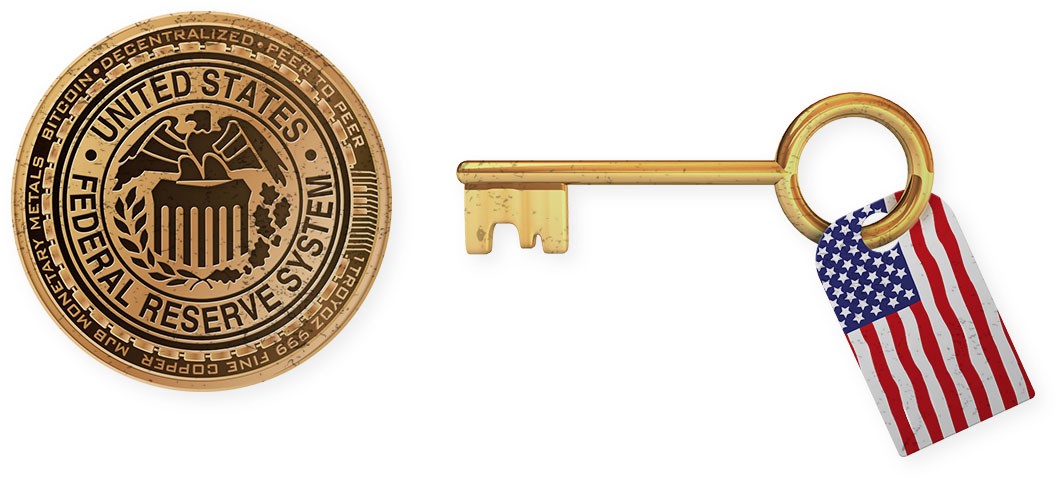PALO ALTO, Calif. Find more information (Reuters) - The Federal Reserve is looking at a broad variety of problems around digital payments and currencies, consisting of policy, style and legal considerations around potentially releasing its own digital currency, Governor Lael Brainard stated on Wednesday. Brainard's remarks recommend more openness to the possibility of a Fed-issued digital coin than in the past." By transforming payments, digitalization has the prospective to provide higher worth and convenience at lower expense," Brainard stated at a conference on payments at the Stanford Graduate School of Service.

Reserve banks worldwide are discussing how to handle digital finance innovation and the distributed journal systems utilized by bitcoin, which guarantees near-instantaneous payment at possibly low cost. The Fed is establishing its own day-and-night real-time payments and settlement service and is currently examining 200 comment letters sent late last year about the proposed service's design and scope, Brainard said.
Less than 2 years ago Brainard informed a conference in San Francisco that there is "no compelling demonstrated requirement" for such a coin. But that was Take a look at the site here before the scope of Facebook's digital currency ambitions were extensively known. Fed officials, consisting of Brainard, have actually raised concerns about customer protections and data and privacy hazards that might be posed by a currency that could enter into usage by the 3rd of the world's population that have Facebook accounts.
" We are teaming up with other reserve banks as we advance our understanding of reserve bank digital currencies," she said. With more countries checking out providing their own digital currencies, Brainard stated, that adds to "a set of reasons to also be making sure that we are that frontier of both research study and policy advancement." In the United States, Brainard stated, problems that require study include whether a digital currency would make the payments system safer or easier, and whether it could present financial stability dangers, including the possibility of bank runs if cash can be turned "with a single swipe" into the reserve bank's digital currency.
To counter the financial damage from America's unprecedented nationwide lockdown, the Federal Reserve has actually taken unprecedented steps, including flooding the economy with dollars and investing straight in the economy. The majority of these moves received grudging approval even from lots of Fed skeptics, as they saw this stimulus as required and something just the Fed could do.
My new CEI report, "Government-Run Payment Systems Are Hazardous at Any Speed: The Case Against Fedcoin and FedNow," details the risks of the Fed's existing plans for its FedNow buy fedcoin real-time payment system, and propositions for central bank-issued cryptocurrency that have been called Fedcoin or the "digital dollar." In my report, I talk about concerns about personal privacy, data security, currency adjustment, and crowding out private-sector competitors and innovation.
Proponents of FedNow and Fedcoin say the federal government should create a system for payments to deposit quickly, rather than motivate such systems in the economic sector by raising regulatory barriers. But as kept in mind in the paper, the economic sector is offering a relatively unlimited supply of payment innovations and digital currencies to fix the problemto the degree it is a problemof the time gap in between when a payment is sent and when it is received in a bank account.
And the examples of private-sector development in this location are lots of. The Cleaning Home, a bank-held cooperative that has been routing interbank payments in numerous types for more than 150 years, has actually been clearing real-time payments given that 2017. By the end of 2018 it was covering 50 percent of the deposit base in the U.S.